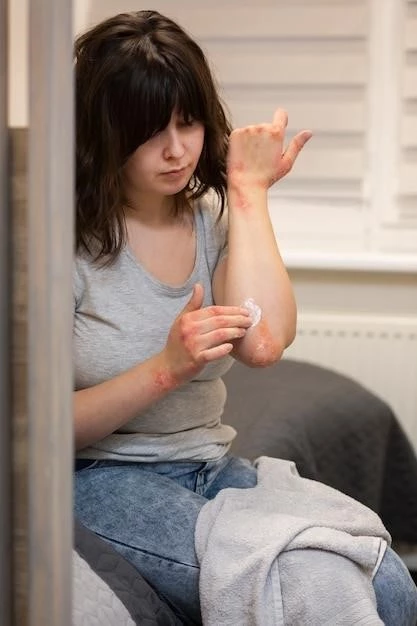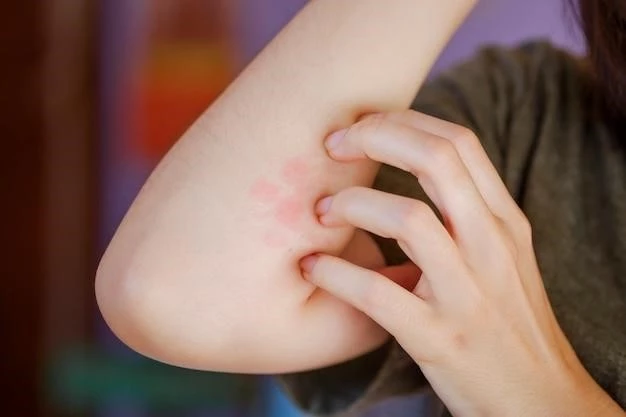Introduction
Rubella, also known as German measles, is a mild and contagious viral infection that primarily affects children. It is preventable through the MMR vaccine.
Rubella, also known as German measles, is a contagious viral infection characterized by a red rash that typically starts on the head and neck. It is a mild illness that usually resolves within 7 to 10 days without specific treatment. The best way to prevent rubella is through the MMR vaccine, which provides lifelong protection. While there is no specific antiviral treatment for rubella, symptoms can be managed with rest, fluids, and fever-reducing medications like paracetamol.
Overview of Rubella
Rubella, also known as German measles, is a contagious viral infection that typically starts with a red rash on the head and neck. It is preventable through the MMR vaccine.
The main symptom of rubella is a red rash that typically begins on the head and neck and spreads to the rest of the body. Other symptoms may include a low-grade fever, sore throat, and swollen lymph nodes. While rubella is usually mild and resolves on its own, it is important to seek medical advice if you suspect you or your child has rubella.

Differentiating Rubella from Measles
Rubella and measles are both viral infections that can cause rashes, but they are caused by different viruses and have distinct characteristics. Measles rash typically starts behind the ears and spreads to the face and body, while rubella rash often begins on the face and neck before spreading. Measles is more severe and can lead to complications, while rubella is usually mild. Both can be prevented through vaccination, with the MMR vaccine covering protection against both diseases.
Main Symptoms of Rubella
The main symptom of rubella is a red rash that typically begins on the head and neck, followed by low-grade fever, sore throat, and swollen lymph nodes.
Managing Mild Symptoms

Health care providers recommend the MMR vaccine to prevent rubella, which is typically a mild infection that resolves on its own within 7 to 10 days. Adequate rest, hydration, and symptomatic treatment such as paracetamol can help ease discomfort during the recovery period.
Use of Paracetamol for Rubella
There is no specific antiviral treatment for rubella, but mild symptoms can be managed with bed rest, plenty of fluids, and medications like paracetamol to reduce fever and discomfort; It is essential to consult a healthcare provider for guidance on symptom management.
Importance of MMR Vaccine
Healthcare providers recommend MMR vaccine to prevent rubella. It is essential for children to receive the vaccine for lifelong protection and prevention, particularly before entering school.
The MMR vaccine is highly effective in preventing rubella. Healthcare providers recommend vaccinating children at specific ages to ensure lifelong protection against rubella and to prevent its transmission to others. Getting the MMR vaccine is crucial, especially before entering school, as it can prevent future complications associated with rubella infection.
Effectiveness of MMR Vaccine in Preventing Rubella
The MMR vaccine is highly effective in preventing rubella. It is crucial for children to receive the vaccine at the recommended ages to ensure lifelong protection and reduce the spread of rubella. Vaccination is the best way to prevent rubella and its complications.
Rubella, a mild viral infection, can lead to complications such as arthritis, encephalitis, and thrombocytopenic purpura. Pregnant women face risks of congenital rubella syndrome affecting the fetus.
Risk Factors Associated with Rubella Infection
Rubella poses a particular risk to pregnant women, as the infection can lead to congenital rubella syndrome in the fetus, causing severe developmental issues. Individuals who are not vaccinated are also at risk of contracting rubella and potentially spreading the virus to others, emphasizing the importance of vaccination for herd immunity and protection against the disease.
Possible Complications of Rubella
Rubella, a mild viral infection, can lead to complications such as arthritis, encephalitis, and thrombocytopenic purpura. Pregnant women face risks of congenital rubella syndrome affecting the fetus.
Rubella in Pregnancy
Rubella infection during pregnancy can lead to serious complications for the unborn baby, including congenital rubella syndrome, which can cause birth defects and developmental issues. Pregnant women should ensure they are immune to rubella to protect their unborn child.
Impact of Rubella on Unborn Babies
Rubella infection during pregnancy can have severe consequences for the unborn baby, leading to congenital rubella syndrome, which can include birth defects and developmental issues. Pregnant women should take precautions to avoid exposure to rubella and ensure they are immune through vaccination;
Global Impact of Rubella
Rubella, while a relatively rare infection, has the potential to cause serious complications, particularly for pregnant women and their unborn babies. Efforts to eradicate rubella globally include widespread vaccination campaigns to ensure population immunity and prevent outbreaks of the disease. Understanding the impact of rubella on vulnerable populations is crucial for effective prevention strategies and reducing the global burden of the illness.
Prevalence of Rubella Worldwide
Rubella, also known as German measles, is a contagious viral infection that can have serious implications globally, particularly for pregnant women and their unborn babies. Efforts to eradicate rubella through vaccination programs play a vital role in reducing the overall global impact of the disease.
Efforts to eradicate rubella globally include widespread vaccination campaigns to ensure population immunity and prevent outbreaks of the disease. Understanding the impact of rubella on vulnerable populations is crucial for effective prevention strategies and reducing the global burden of the illness.
Efforts to Eradicate Rubella Globally
Healthcare providers recommend the MMR vaccine to prevent rubella, particularly emphasizing vaccination for children to ensure lifelong protection and prevent the spread of the virus. Global efforts focus on vaccination campaigns to eradicate rubella and reduce its impact on vulnerable populations globally.
